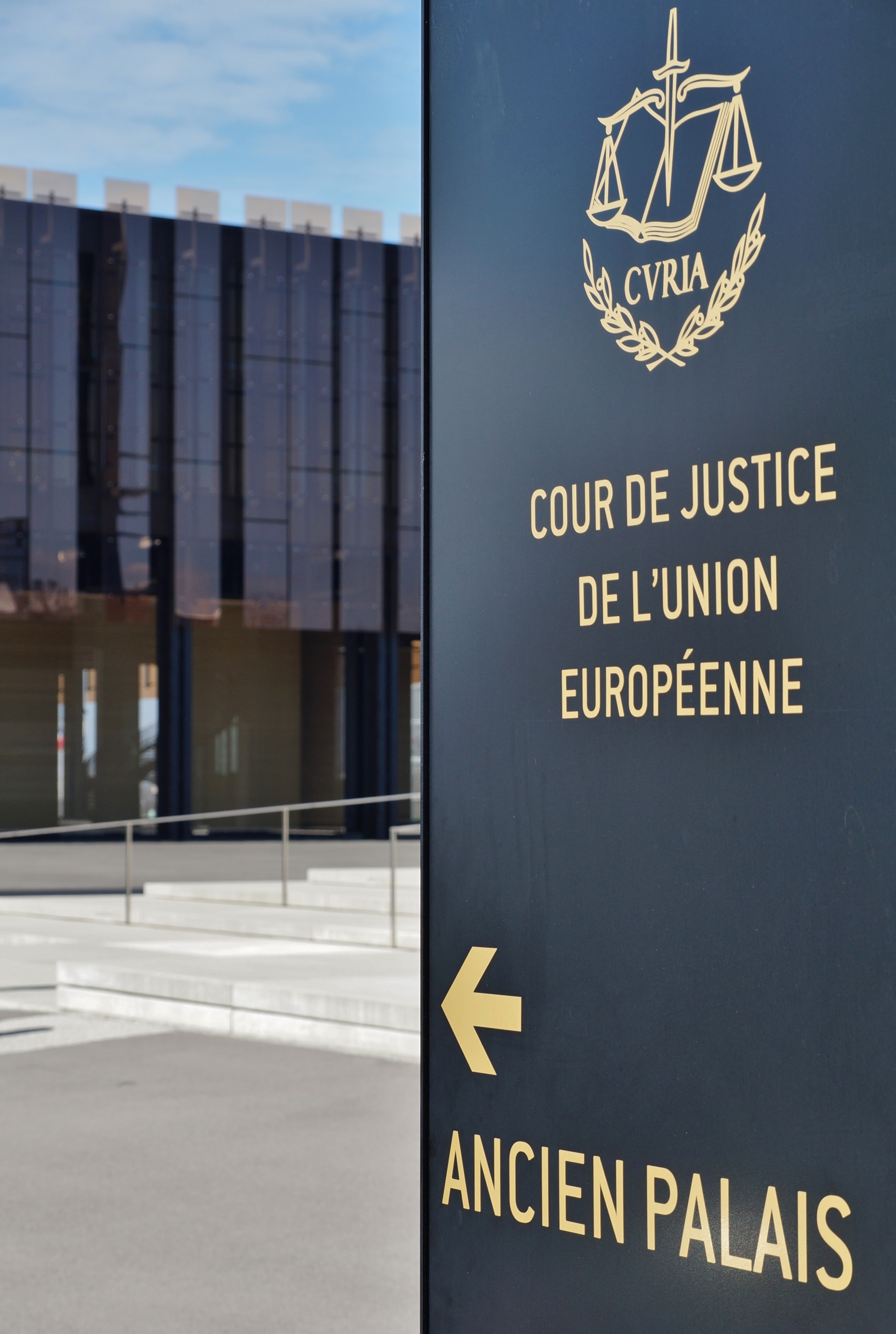
On 19 September 2017, Advocate General Wathelet issued an Opinion that the investor-State dispute settlement (“ISDS”) mechanisms in bilateral investment agreements between EU Member States (so-called “intra-EU BITs”) are compatible with the EU legal system. The Opinion is part of a case (C-284/16) referred to the European Court of Justice (“ECJ”) for preliminary ruling by Germany’s Federal Court of Justice (Bundesgerichtshof) in 2016. It is the first case in which the ECJ will express its view on the compatibility of ISDS provisions in intra-EU BITs with the Treaty on the Functioning of the EU (“TFEU”). There are currently 196 intra-EU BITs in force.
Germany’s Federal Court of Justice submitted the request for a preliminary ruling to the ECJ following an application by Slovakia to annul the Award in favour of a Dutch investor in the case of Achmea B.V. v. The Slovak Republic, UNCITRAL, PCA Case No. 2008-13 (formerly Eureko B.V. v. The Slovak Republic), rendered in December 2012 under the Netherlands-Czechoslovakia BIT.
The Opinion of the Advocate General notes that the ISDS mechanism is compatible with the TFEU, and recommends that the ECJ find that the arbitration clause in the Netherlands-Czechoslovakia BIT does not constitute discrimination on grounds of nationality. Wathelet explains that “the EU is not a party to the BIT, which is therefore not part of EU law.” Noting that “intra-EU BITS, and more particularly the BIT at issue in the main proceedings, establish rights and obligations which neither reproduce nor contradict the guarantees of the protection of cross-border investments afforded by EU law”, the Advocate General concludes that the provisions of the Netherlands-Czechoslovakia BIT do not undermine the EU legal system. The Advocate General’s Opinion is not binding on the ECJ. It is the role of the Advocates General to propose to the Court, in complete independence, a legal solution to the cases for which they are responsible.
The Opinion of the Advocate General follows a number of other recent developments around the relationship between ISDS and EU law. On 6 September 2017, Belgium requested the ECJ to rule on the compatibility of the investment court system, introduced in the EU-Canada Comprehensive Economic and Trade Agreement (“CETA”), with EU law. In parallel, on 13 September, the Council of the EU issued a decision authorising the European Commission to begin negotiations to set up a framework for an international court for the settlement of international investment disputes. No doubt there will be further important developments over the coming months.
For the Advocate General Wathelet Opinion of 19 September 2017, click here; for the text of the TFEU click here; for the award in Achmea B.V. v. The Slovak Republic, UNCITRAL, PCA Case No. 2008-13 (formerly Eureko B.V. v. The Slovak Republic) of 7 December 2012, click here; for Belgium’s request for an Opinion from the European Court of Justice, click here.
